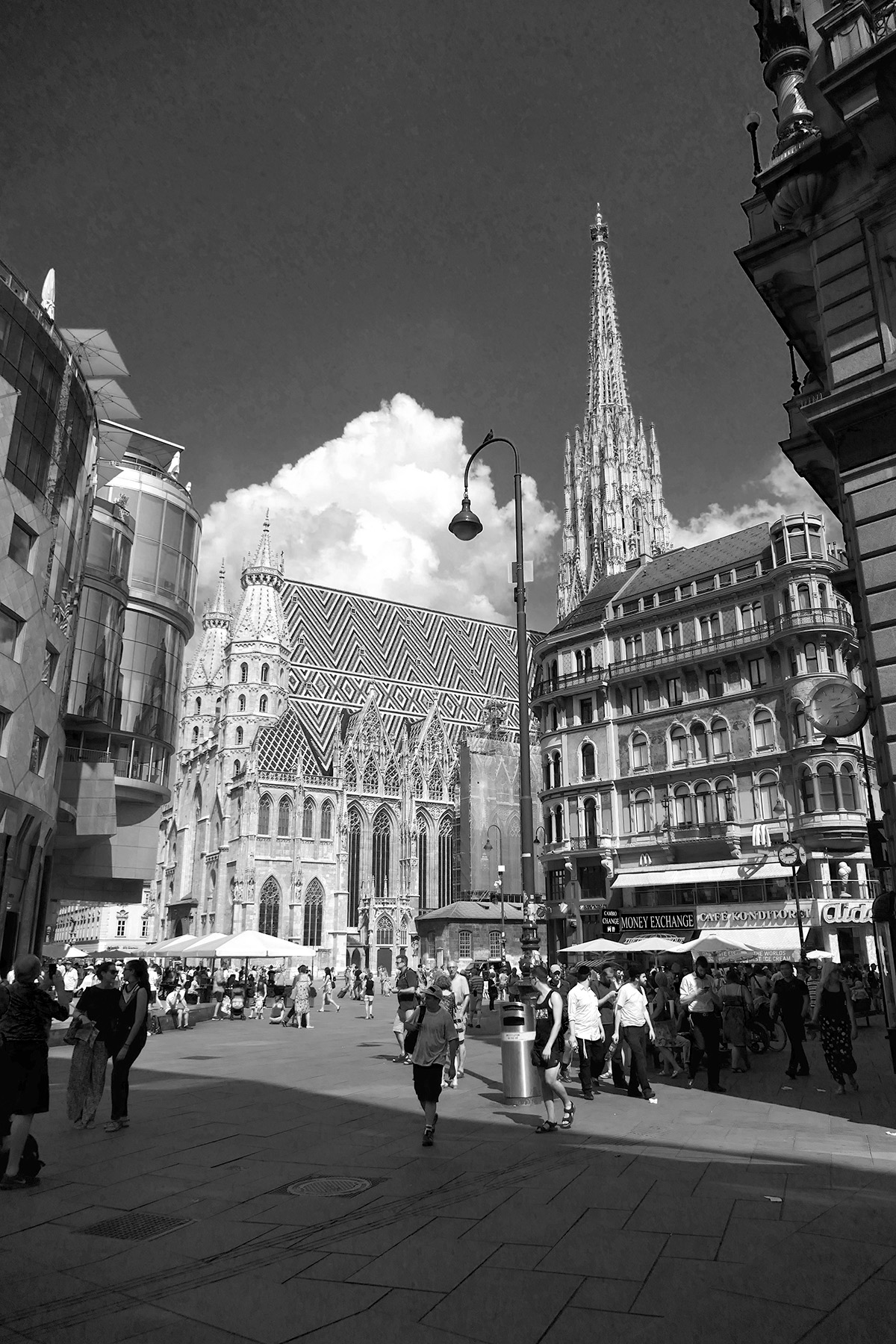I learned a new word yesterday, psychogeography, in the context of thinking and reading about travel writing. The travel ain’t happening, but the writing, of course, goes on. So what am I to do?


When I looked it up, as this English-as-a-second-language speaker is want to do, Wikipedia told me it is “an exploration of urban environments that emphasizes playfulness and “drifting”. Hm.
A bit more digging revealed the fact that the term was coined by Marxist theorist Guy Debord in 1955 in order to explore how environments make us feel and behave. “Inspired by the French nineteenth century poet and writer Charles Baudelaire’s concept of the flâneur – an urban wanderer – Debord suggested playful and inventive ways of navigating the urban environment in order to examine its architecture and spaces…. It is also linked to dadaism and surrealism, art movements which explored ways of unleashing the subconscious imagination” (Ref.)


First thought: Isn’t it weird that the word came up in a review of a book by one of the most deeply influential, brilliant travel- and nature writers, Robert Macfarlane, The Old Ways. If there ever was something written that makes you feel you’re IN a landscape that you’ve never seen, a natural environment you’ve never visited, it is this. No urban frolicking, but nature captured in its essence. The kind of writing that has me yellow with envy (sticking to the German color scheme for emotions, I know you’ll tell me it is green.)



Second Thought: I had encountered Debord as a young student, maybe early 70s, when his Society of Spectacle was en vogue in leftist circles, but not yet translated into German. The book was an indictment of consumer culture crazy for spectacle, or image, as provided by advertisement, television, celebrity culture and so on. People slogged through finding the correct translations from the French, trying to understand the link between consumer culture as distraction or pacification of mass movements and the Marxist concept of commodity fetishism. Heady days. I wonder what Debord would say now in our times of internet image barrage, Netflix, Amazon Prime, Hulu, Instagram! He sure was prescient in linking the spectacle with the economy.

Third Thought: Debord stated that everything that used to be directly lived has now moved into representation (sort of fake life instead of fake facts…). Macfarlane believes that too often we only think of landscapes as affecting us when we are in them. “But,” he writes, “there are also the landscapes we bear with us in absentia, those places that live on in memory long after they have withdrawn in actuality, and such places — retreated to most often when we are most remote from them — are among the most important landscapes we possess.”(Ref.)



Ho do we square the circle from the fleeting pleasure offered by externalized representations to the comfort provided by those we have internalized?
Nothing is lost, we might rejoice, memory representations carry the day through isolation! All is lost, we might despair, when our travel longings are but satisfied by pretty pictures, inside or outside of our not so pretty heads.

Perhaps it’s possible to switch from spectacle to life by redefining travel, and figure out authentic ways of capturing the essence of our current place. Must try.
In the meantime here are the views captured by Flâneuse Heuer ambling along the streets of Vienna 2 years ago….


And what better music for this unfinished travel business than Schubert’s Unfinished, performed in Vienna under Kleiber in the 70s, one of the best renditions ever.







Lee Musgrave
Lots of food for thought … I especially relate to the ‘landscapes we bear with un in absentia’. I carry many of those with me at all times and it only takes a very small piece of some new similar place to boomerang me right back … and when all of that is enveloped by Schubert I reach a level of bliss. Thank you.